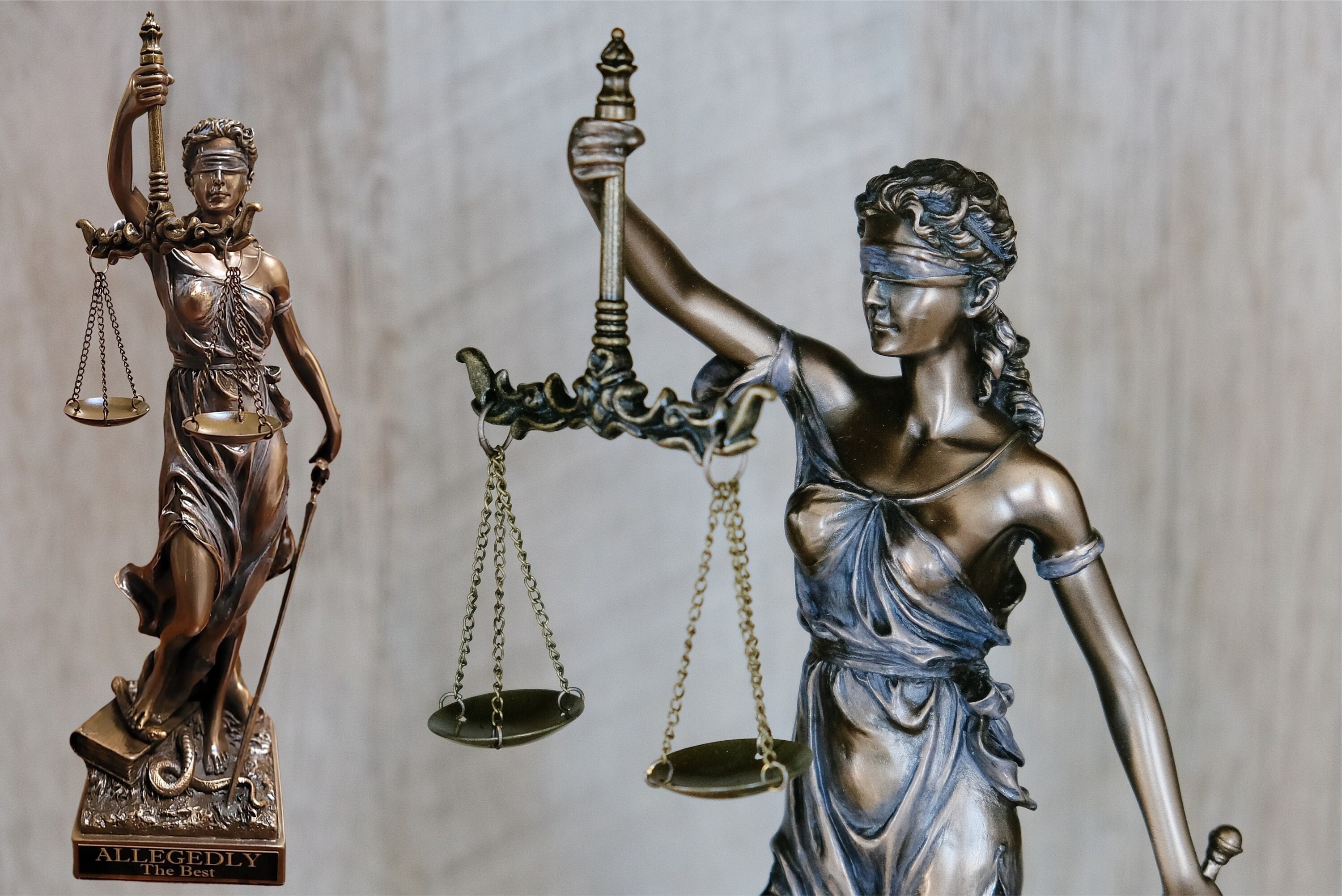calbear93 said:
concordtom said:
calbear93 said:
concordtom said:
Thought:
Anyone who believes in state's right, as the Supreme Court decided when they overruled Rowe v Wade, has to agree with the Colorado Supreme Court, no?
This has nothing to do with state rights.
I'm sorry, please remind me, what entity is responsible for conducting elections???
Are you familiar with the supremacy clause? If there is a matter addressed in the constitution, states do not have the right to abridge. Constitution decides who is qualified to run for president. The states decide the process for election as long as it does not conflict with or regulate something that has been exclusively reserved in the constitution. Since the constitution decides who is qualified to run for the presidency, the states must abide. The states could not put on a ballot for presidency a 2-year old or an illegal immigrant. This is entirely about qualification to run for the presidency.
I totally agree.
So, let's go to the text:
https://constitution.congress.gov/constitution/amendment-14/Section 3
No person shall be a Senator or Representative in Congress, or elector of President and Vice-President, or hold any office, civil or military, under the United States, or under any State, who, having previously taken an oath, as a member of Congress, or as an officer of the United States, or as a member of any State legislature, or as an executive or judicial officer of any State, to support the Constitution of the United States, shall have engaged in insurrection or rebellion against the same, or given aid or comfort to the enemies thereof. But Congress may by a vote of two-thirds of each House, remove such disability.At issue is who gets to decide, judge, whether this applies.
Should it be by vote of the entire nation?
Should it be by decision of a judge in whatever jurisdiction/state?
Should it be by that state's Supreme Court?
Should it be by the nation's Supreme Court?
And/Or should a President be allowed to "pardon" a character who has been found guilty of the above?
I'm confident that the Supreme Court will rule in Trump's favor here, even though we both know that I wish Trump would find himself undergoing a quintuple bypass.
The point of this thread, for me, was not to argue over whether it's a just decision or not, but to point out how odd it is that some decisions get to be left to States while others not.It seems to depend on the political lean of the decision makers, across the board (congress, president, courts, voters).
What was it Rudy Giuliani said? "Truth is not truth."
Or Kellyanne Conway: "Alternative facts."
If I told you that Dwight Garner's knee was down, or that Kevin Moen caught a forward lateral from Mariet Ford, you might just argue otherwise!
Quote:
"I was stopped for a couple of seconds, but I don't think my knee went down," Garner said in 1992. "It seems like such a long period now. People still question me, and honestly, if you're from Stanford, I was down, and if you're from Cal, I wasn't." Nov 19, 2022

I came across this story recently:
Quote:
The Founding Fathers own reaction to the US Constitution when it was presented to them for their signatures was considerably less than enthusiastic.
Benjamin Franklin, ever the optimist even at the age of 81, gave what was for him a remarkably restrained assessment in his final speech before the Constitutional Convention: "…when you assemble a number of men to have the advantage of their joint wisdom, you inevitably assemble with those men, all their prejudices, their passions, their errors of opinion, their local interests, and their selfish views." He thought it impossible to expect a "perfect production" from such a gathering, but he believed that the Constitution they had just drafted, "with all its faults," was better than any alternative that was likely to emerge.
Nearly all of the delegates harbored objections, but persuaded by Franklin's logic, they put aside their misgivings and affixed their signatures to it.
We don't do that anymore.
https://constitutioncenter.org/education/classroom-resource-library/classroom/perspectives-on-the-constitution-a-republic-if-you-can-keep-it


